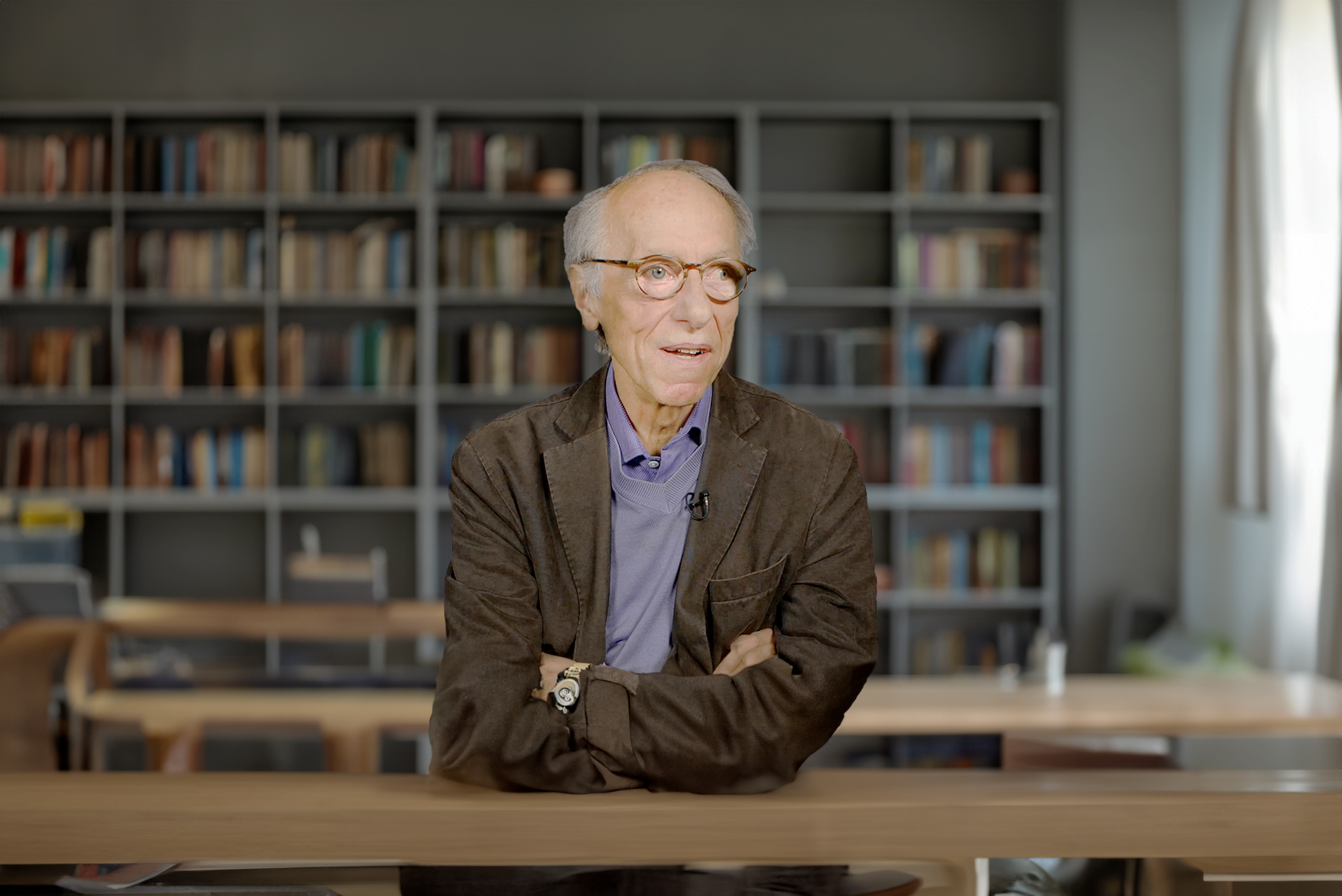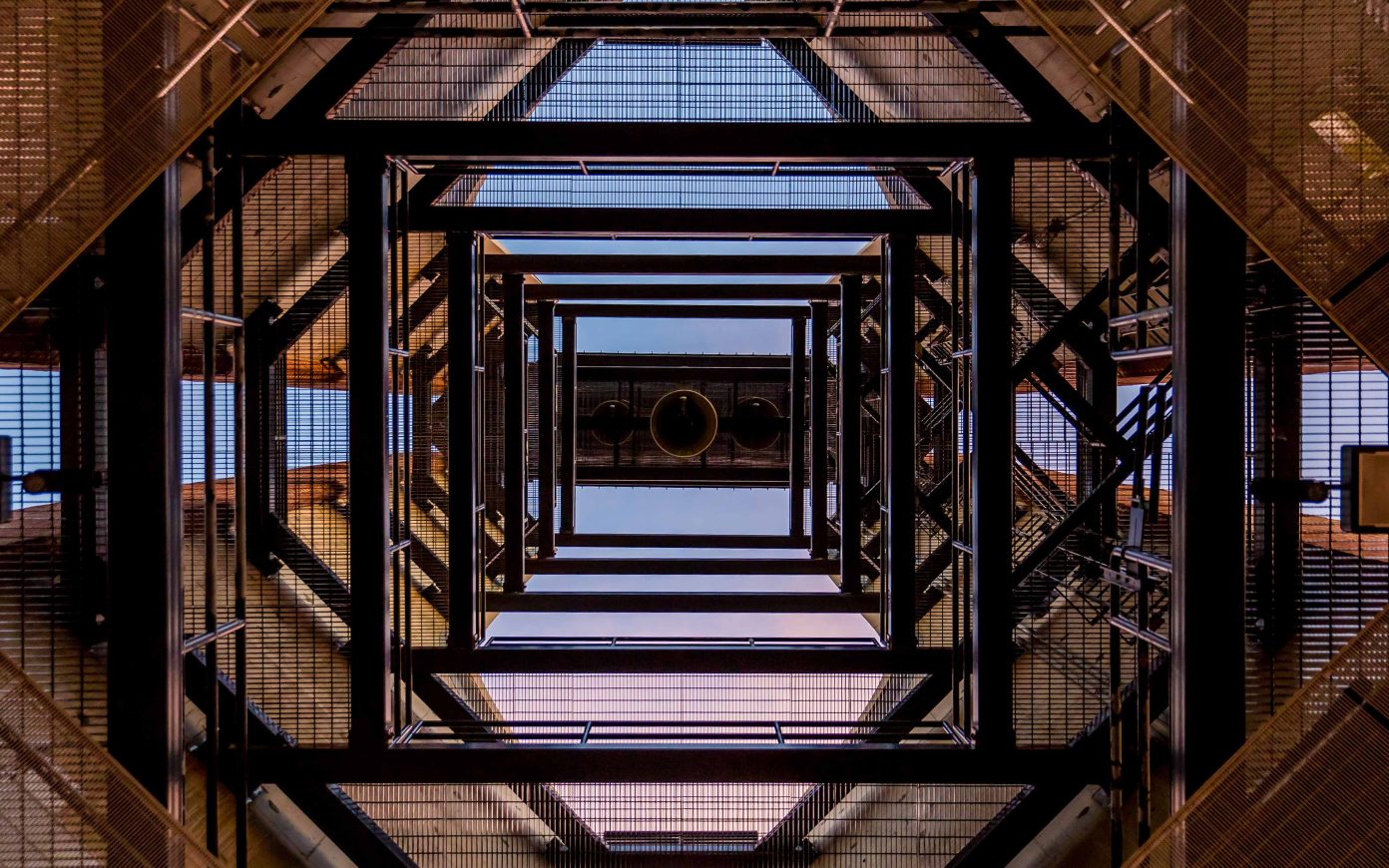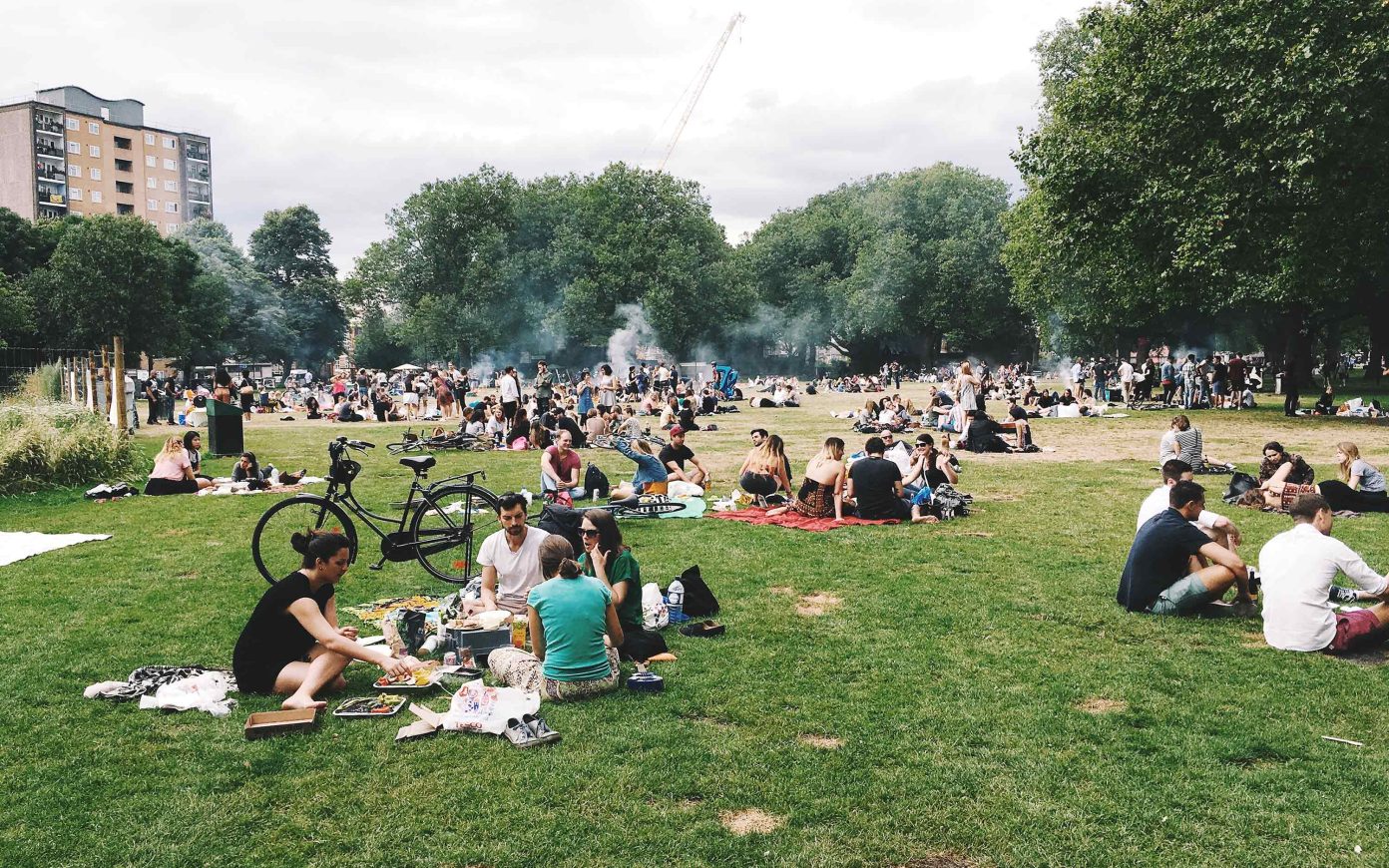Imaginary in a Techno-Sciences-Economy Age
The reason why the unfolding urban revolution represents such an upheaval for our societies is because it revaluates both our conventional and modern value systems, which were the foundations of the development of our societies. Western observers are overwhelmed because they have suddenly been deprived of meaning, narratives and imagery—precisely what would enable them to see themselves in this new world. Our representations of the world were neither natural nor eternal, but to understand their history and how they were formed is essential to building a new collective narrative of our dwelling on Earth. The philosopher Pierre Musso exposes the historical depth of our representations and describes the generalized technological turn in society as a major force affecting our imaginaries, but also the paramount role taken on by the networks and the cyclical play of metaphors between machine and organism that was developed to better grasp urban space. Pierre Musso is a philosopher and PhD in political sciences. He teaches information and communication sciences at Télécom ParisTech and the University of Rennes.




